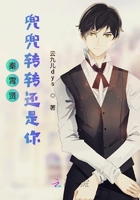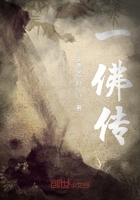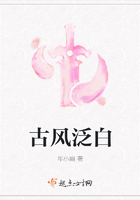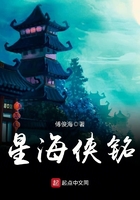This was joyful and important news; all that Nekhludoff could have hoped for Katusha, and for himself also, had happened. It was true that the new position she was in brought new complications with it. While she was a convict, marriage with her could only be fictitious, and would have had no meaning except that he would have been in a position to alleviate her condition.
And now there was nothing to prevent their living together, and Nekhludoff had not prepared himself for that. And, besides, what of her relations to Simonson? What was the meaning of her words yesterday? If she consented to a union with Simonson, would it be well? He could not unravel all these questions, and gave up thinking about it. "It will all clear itself up later on," he thought; "I must not think about it now, but convey the glad news to her as soon as possible, and set her free. He thought that the copy of the document he had received would suffice, so when he left the post-office he told the isvostchik to drive him to the prison.
Though he had received no order from the governor to visit the prison that morning, he knew by experience that it was easy to get from the subordinates what the higher officials would not grant, so now he meant to try and get into the prison to bring Katusha the joyful news, and perhaps to get her set free, and at the same time to inquire about Kryltzoff's state of health, and tell him and Mary Pavlovna what the general had said. The prison inspector was a tall, imposing-looking man, with moustaches and whiskers that twisted towards the corners of his mouth. He received Nekhludoff very gravely, and told him plainly that he could not grant an outsider the permission to interview the prisoners without a special order from his chief. To Nekhludoff's remark that he had been allowed to visit the prisoners even in the cities he answered:
"That may be so, but I do not allow it," and his tone implied, "You city gentlemen may think to surprise and perplex us, but we in Eastern Siberia also know what the law is, and may even teach it you." The copy of a document straight from the Emperor's own office did not have any effect on the prison inspector either. He decidedly refused to let Nekhludoff come inside the prison walls.
He only smiled contemptuously at Nekhludoff's ***** conclusion, that the copy he had received would suffice to set Maslova free, and declared that a direct order from his own superiors would be needed before any one could be set at liberty. The only things he agreed to do were to communicate to Maslova that a mitigation had arrived for her, and to promise that he would not detain her an hour after the order from his chief to liberate her would arrive.
He would also give no news of Kryltzoff, saying he could not even tell if there was such a prisoner; and so Nekhludoff, having accomplished next to nothing, got into his trap and drove back to his hotel.
The strictness of the inspector was chiefly due to the fact that an epidemic of typhus had broken out in the prison, owing to twice the number of persons that it was intended for being crowded in it. The isvostchik who drove Nekhludoff said, "Quite a lot of people are dying in the prison every day, some kind of disease having sprung up among them, so that as many as twenty were buried in one day."















